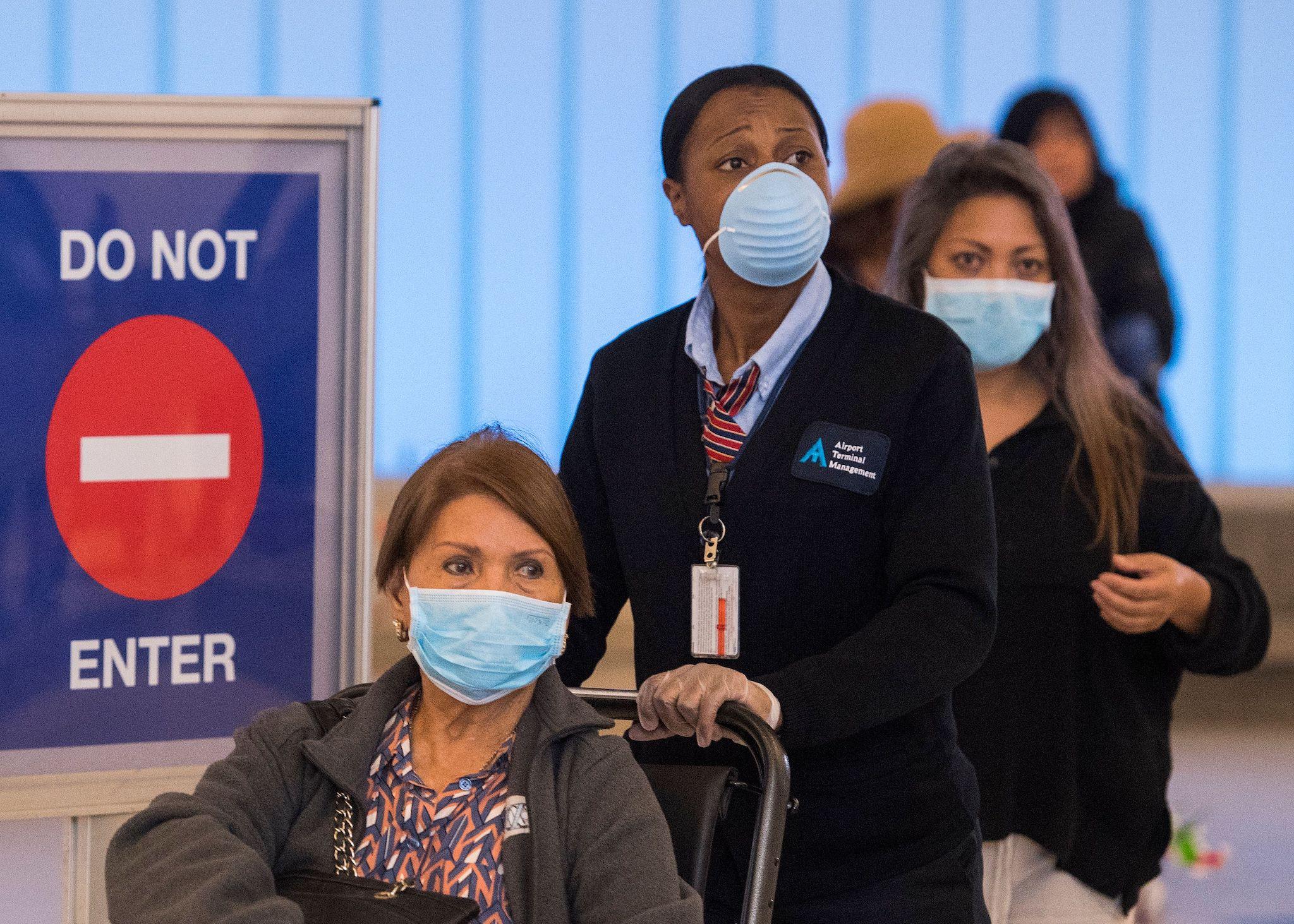Aviation will feel the devastating effects of coronavirus for years to come
Plane Talk: the industry will press the ‘reset’ button, and not to the advantage of travellers

Your support helps us to tell the story
From reproductive rights to climate change to Big Tech, The Independent is on the ground when the story is developing. Whether it's investigating the financials of Elon Musk's pro-Trump PAC or producing our latest documentary, 'The A Word', which shines a light on the American women fighting for reproductive rights, we know how important it is to parse out the facts from the messaging.
At such a critical moment in US history, we need reporters on the ground. Your donation allows us to keep sending journalists to speak to both sides of the story.
The Independent is trusted by Americans across the entire political spectrum. And unlike many other quality news outlets, we choose not to lock Americans out of our reporting and analysis with paywalls. We believe quality journalism should be available to everyone, paid for by those who can afford it.
Your support makes all the difference.How bad is the crisis in aviation created by the spread of coronavirus? Worse than anything I have witnessed.
Only two previous events bear any comparison with the current collapse in revenue for airlines. One was the volcanic ash crisis a decade ago, when air travel across northern Europe were closed for almost a week as that pesky eruption of Eja pumped tons of finely powdered Iceland into the skies.
The other: the days, weeks and months following the terrorist attacks of 9/11.
The eruption interruption cost the airlines millions in both lost revenue and care costs (despite the strenuous efforts of some carriers to limit the damage by misrepresenting passengers’ rights). But once it was over, bookings soon bounced back – and safety officials have since then taken a more measured view of the threat posed by volcanic action.
The aftermath of the attacks on New York and Washington in 2001 is a closer fit to the coronavirus crisis. The effects lasted much longer, and changed the airline business permanently.
Many companies that had previously bankrolled the airline business initially banned their executives from travelling. And when they started flying again, the worldwide financial shock after 9/11 persuaded previously lazy businesses to reassess their company travel bill. No more £500 Club Europe tickets to Frankfurt (although these are sometimes still available at that price); you’re in economy or possibly, wait for it, on a no-frills carrier.
The financial markets recognised that the model of the “legacy” airlines was broken. Supporting a bloated cost base through overcharging business and leisure travellers no longer worked if passengers could just walk across to Ryanair and easyJet – both of which emerged from the downturn in remarkably good shape, assisted by the collapse of carriers such as Sabena of Belgium and Swissair.
The coronavirus crisis will have equally profound effects on the shape of the airline business, and initially they will be to the detriment of the travelling public.
Barriers, both official and emotional, are making travel less appealing by the day. Individual nations are attempting to fight the Covid-19 biohazard with a series of haphazard bans – which shred future confidence for affected passengers. The prospect of being on the wrong side of a quarantine order is a threat none of us had previously contemplated, but it will add to the reasons not to fly.
Once airlines can calibrate the long-term loss of appetite for air travel, they will make designs about the routes to cut. They will strive to avoid intense competition, spelling higher fares on previously cutthroat links such as Manchester to Malaga and the London airports to Rome.
Long haul will lose some appeal. Many passengers love the Airbus A380, but airline accountants generally don’t – especially during lean times, when the 500-plus seats are hard to fill at any price. No surprise that Lufthansa and Qantas both chose to ground the superjumbo ahead of smaller twin jets.
When the aviation industry presses the “reset” button, it won’t take us back to the dark ages when airlines could get away with overcharging and earning enough for a trip to Australia typically took three months’ work at the average wage. But for airline passengers, the good times have flown – for now.
Join our commenting forum
Join thought-provoking conversations, follow other Independent readers and see their replies
Comments